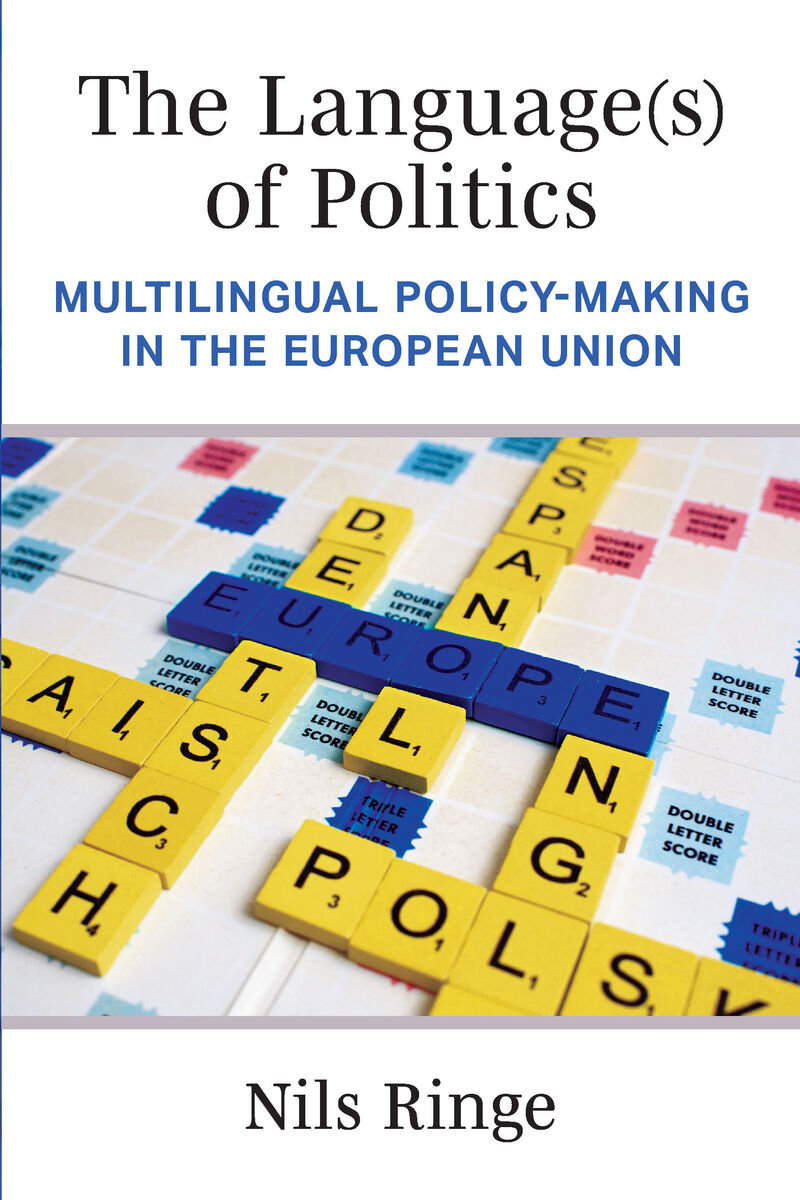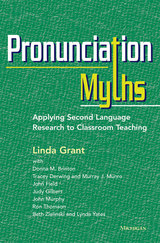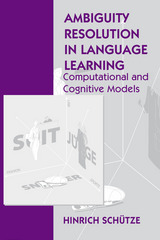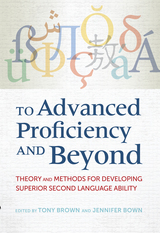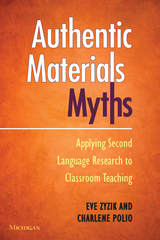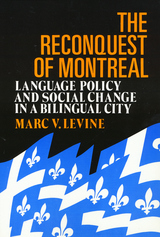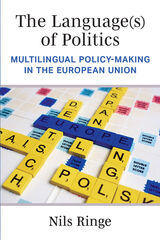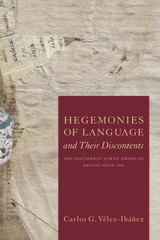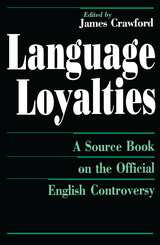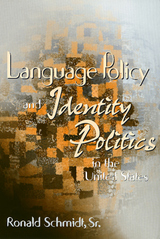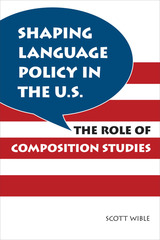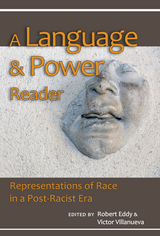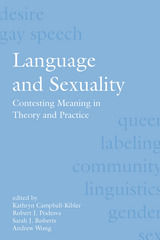"Ringe shows that translation and Interpretation are part of the EU’s daily routine, and that the EU spends a lot of resources on paying highly skilled professionals. Ringe’s book is well worth reading as it opens up avenues for the part that language plays in the exercise of politics in the EU."— European Review of International Studies
“The Language(s) of Politics provides a deeply insightful rendering of daily multiculturalism in the European Union’s institutions. Nils Ringe paints a vivid picture of how Europe’s officials communicate and deliberate in a polity with 23 official languages. Based on some hundred in-depth interviews, textual analysis, and quantitative data on institutional meetings he concludes that multilingualism depoliticizes EU politics because it rewards neutral, decultured language over expressive, symbolic language. Interestingly, this places depoliticization within the institutions through multilingualism directly at odds with increased politicization in the wider EU society. Essential reading for EU scholars and EU participants.”— Liesbet Hooghe, University of North Carolina at Chapel Hill, and the European University Institute,
"The Language(s) of Politics is a must read—and a must assign for graduate courses on political institutions, political psychology, and European studies. The book demonstrates convincingly that, contrary to conventional wisdom in the political science literature, language regimes can be both equal and efficient."— Perspectives on Politics
“How does a multilingual polity such as the European Union function without becoming a Tower of Babel? This is the question that Nils Ringe sets out to answer. In doing so he illuminates in surprising ways the splendors and miseries of the unique political animal that the EU has become.”— Arthur Goldhammer, Senior Affiliate of Harvard's Center for European Studies and translator of more
"The Language(s) of Politics is, above all, a brilliant compendium of the ways in which the most successful international organization in history has dealt with the incredible diversity it treasures and a reminder of how it is possible to turn destabilizing forces into elements that favour agreement."— Arman Basurto, European Parliament and Marta Domínguez-Jiménez, CEMFI, International Journal of Medi
“Ringe places languages at the forefront of enquiry into politics and policy-making in the EU, arguing that multilingualism can depoliticise interactions in those arenas—an argument made all the more compelling by the inclusion of 20 years’ worth of empirical research carried out in EU institutions.” — Karen McAuliffe, University of Birmingham
"The Language(s) of Politics stands as a pioneering work that is bound to leave an important mark on the landscape of academic scholarship on European policy-making. This book provides scholars in the fields of comparative legislative studies, the European Union, and text analysis with the opportunity to engage in fresh debates and to seek innovative approaches for incorporating multilingualism into empirical research on policy-making and political representation."
— Redescriptions: Political Thought, Conceptual History and Feminist Theory
"The Language(s) of Politics is an instructive and insightful book in several ways, surprising, yet persuasive."— Zeitschrift für Europäische Rechtslinguistik (ZERL)
“Recommended.”
— CHOICE
“The European Union has been called a ‘multi-state, multi-national, and multi-demos political order.’ Complicated as this already sounds, it overlooks ‘multi-lingual.’ Language differences, policies, and practices are central in the EU, as Nils Ringe’s excellent book demonstrates. We will think differently about European integration after reading it.”— George Ross, University of Montreal
“This is a well-informed book on multilingualism in the institutions of the European Union. Ringe makes a useful distinction between the primary language regime and the secondary language rules that govern the functioning of EU institutions, which helps to better understand how multilingual policy-making in the EU works in practice, and why the multilingualism policy works rather well after all. This book provides an original contribution to research on this topic from a political science perspective, showing at the same time a genuine interdisciplinary effort to take contributions from psychology, economics and sociolinguistics into account. Ringe also provides new quantitative and qualitative evidence about how the EU language regime operates that researchers in this area will find very useful.”— Michele Gazzola, Ulster University
